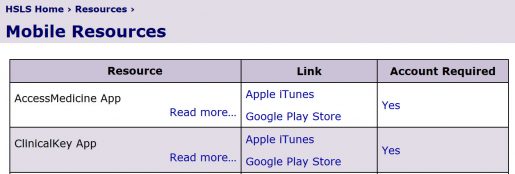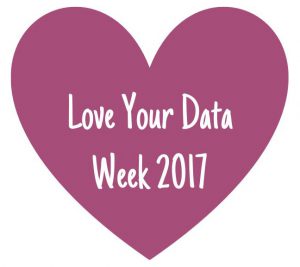In the Pittsburgh metro area, CDC surveillance data indicates that 27 percent of adults aged 18 or older are considered obese—a modifiable risk factor associated with many chronic diseases including diabetes and cancer. While proper nutrition and physical activity are effective for weight control, a recent survey indicates that fewer than 30 percent of physicians feel they received adequate training in medical school for counseling patients on diet and nutrition.
One novel solution to address both the obesity epidemic and physician training was pioneered at Tulane University’s Goldring Center for Culinary Medicine—the first dedicated teaching kitchen established in a medical school.
What is culinary medicine? It’s a new nutrition education model for “teaching doctors and patients how to combine the art of cooking with evidence-based nutritional research to help people understand how to purchase, prepare, and enjoy healthy and delicious meals.” The goal? To decrease chronic disease by better preparing physicians to counsel patients in disease-specific diet and nutrition interventions.
While a dedicated in-house kitchen is the hallmark of programs like Tulane’s, other medical schools license the Tulane curriculum or collaborate with culinary schools. Schools of medicine at Yale, Dartmouth, Rutgers, Brown, and Penn State are among the dozens offering some form of culinary medicine curriculum, ranging from required courses, to electives, to CME credits.
Medical students engaged in culinary medicine typically learn medical and clinical nutrition principles, specific diets (e.g., Mediterranean, DASH, vegetarian), and portion control, as well as culinary techniques such as knife skills, food safety, and kitchen organization. Some courses include a teaching component for students to share their knowledge by offering healthy cooking classes to local communities and schools.
Preliminary research regarding culinary medicine is encouraging. A longitudinal study among 627 medical students showed hands-on cooking and nutrition education vs. traditional education improved diet, attitudes, and competencies. Results from a small randomized controlled trial of patients with type 2 diabetes showed improvement in HbA1c, blood pressure, and cholesterol after following a Mediterranean diet cooking and nutrition curriculum provided by a medical school-based teaching kitchen.
A prescription of healthier eating for yourself and patients can begin with HSLS resources, including the nutritional sciences e-book collection, print books, and nutritional sciences e-journals.
~Rebecca Abromitis




 The week of February 13–17, 2017, is
The week of February 13–17, 2017, is